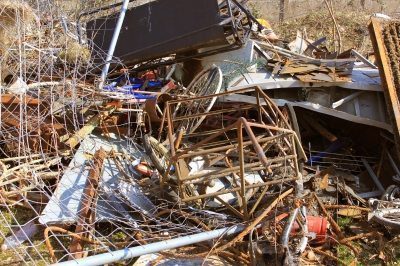[dropcap style=”font-size:100px; color:#992211;”]H[/dropcap]ell, according to Jesus in the New Testament, is not a literal place to where wicked souls are banished in the afterlife; rather, it was a metaphor.
Being of poetic temperament myself, I say to this, hallelujah.
According to biblical scholars, Jesus appropriated the Greek word Gehenna (γέεννα) – a proper noun that translates into “The Valley of the Son of Hinnom” – when alluding to those who stray from the path of redemption. During the time period that the faithful believed Jesus walked the earth, Gehenna was a garbage dump located on the outskirts of Jerusalem, a location where garbage and corpses were burned and where fires were kept burning, day and night. Ergo, we can discern the origin of Jesus’ metaphor regarding the agony of those condemned to the damnation of writhing in eternal flames. 
A literal translation of the word consume – as in consumer and consumption – means to be devoured by fire. In our age, one would be hard pressed to find a more hellish location than a landfill, a place heaped with our castoff consumer items.
Worse, we have made vast swathes of our planet a Gehenna, a hellscape of garbage and corpses. There are many worlds, multiple Heavens and proliferate Hells, and they are all in this world. We inherited the shaded glades and sunlight-dappled gardens of Heaven but we have made our world a burning hell.
Here’s the good news, as the faithful are apt to aver: At any given moment, one can make the choice to be consumed by Hell’s (consumer) goods or be caressed by the temperate winds of paradise.
Image: www.freedigitalphotos.net/xedos4
Phil Rockstroh is a poet, lyricist and philosopher bard living in New York City.
Yet a bio amounts to dharma for dimwits: It defines a human being in the same manner and degree of veracity as a restaurant menu describes the various slabs of meat offered … commodified things that were once living beings.





















